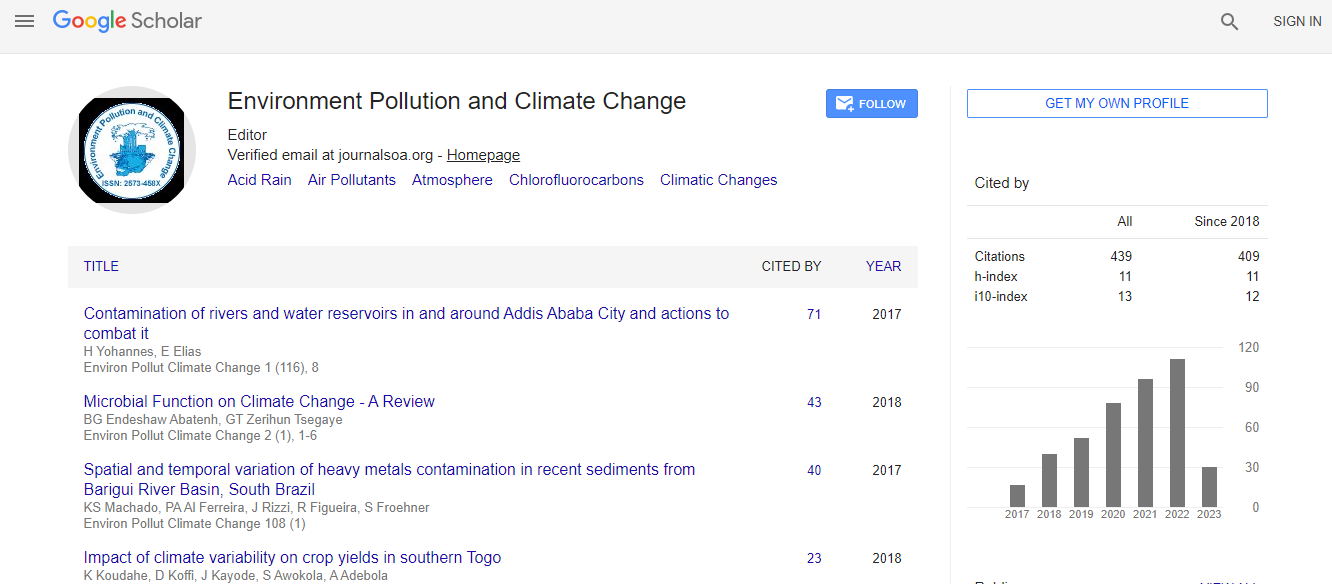Comprehensive Analysis of Municipal Waste Management in Bangladesh: Embracing the 3rs (Reduce, Reuse, Recycle)
*Corresponding Author:Received Date: May 01, 2024 / Published Date: May 27, 2024
Copyright: © 2024 . This is an open-access article distributed under the terms of the Creative Commons Attribution License, which permits unrestricted use, distribution, and reproduction in any medium, provided the original author and source are credited.
Abstract
Massive solid waste generation and mismanagement are important social and environmental challenges in urban and rural regions. Municipalities are worried about solid waste collection, disposal, and recycling, but population growth makes it harder to manage. Thus, millions of urban residents’ face health risks and environmental damage from solid trash deposited on highways and into open sewers. Municipal solid waste needs special attention as time passes. The biggest problem with solid waste in cities is illness. Malaria, respiratory, ocular, and skin illnesses are worse in Bangladesh. Ground water and air pollutants also harm health. However, solid garbage stops the drainage system, flooding streets and causing mosquitoes, odour, and annoyance. This study aimed to determine waste generation rate (per capita per day), waste composition in houses, secondary dumping site, and final dumping site, waste reduction, and economic benefits of 3R policy. A questionnaire was given during residential garbage pickup. People were surveyed on socioeconomic status, garbage collection system, and generation rate. Our analysis suggests that mass and volume of recyclables are crucial to a healthy and cost-effective waste management system. Separate recyclable garbage and bring only organic and non-recyclable inorganic rubbish to the disposal.

 Spanish
Spanish  Chinese
Chinese  Russian
Russian  German
German  French
French  Japanese
Japanese  Portuguese
Portuguese  Hindi
Hindi 
